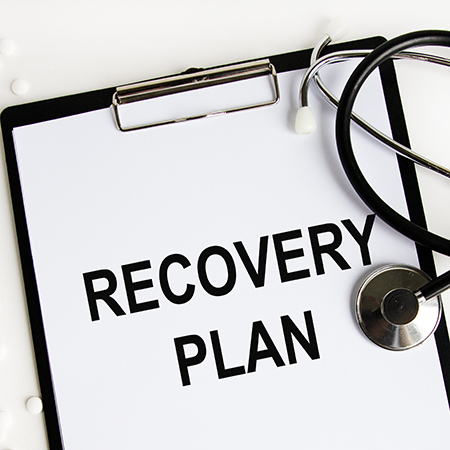Supporting the health and wellbeing of staff and restoring non-Covid services are confirmed as top priorities for the NHS in the 2021/22 operational planning guidance.
Trusts are being asked to be flexible in allowing staff to carry over all unused annual leave and allow staff to take, or buyback unused leave. All staff should be encouraged to take time off to recover.
Individual health and wellbeing conversations should also be a regular part of supporting all staff.
Other priorities include continuing to deliver the COVID-19 vaccination programme, accelerating the restoration of elective and cancer care, managing the increasing demand on mental health services and transforming urgent and emergency care to prevent inappropriate attendance at emergency departments and improve timely admittance to hospital.
The planning guidance sets out an £8.1 billion plan to help the health service recover all patient services following the intense winter wave of Covid and to fund more support for staff who may be impacted by their experiences during the pandemic.
Trusts which do more operations and other elective procedures, will qualify for a share of a £1 billion pot.
Average waiting times for non-urgent surgery have dropped by almost 40% since the summer, and the NHS will continue to increase the number of non-urgent operations it does.
Every Integrated Care System (ICS) is being asked to draw up a plan to ensure all hospitals maximise their capacity to do as many non-urgent operations as possible.
Trusts will also be expected to reduce the number of patients waiting for longer than 62 days for cancer procedures to pre-pandemic levels over the coming months.
Sir Simon Stevens, Chief Executive of the NHS says: “The NHS made good use of the summer and autumn, when infections and hospitalisations were lower, to restore services and begin tackling the backlog.
“With infections once again now falling, this investment will help nurses, doctors and other staff go further and faster in realising the aims of the NHS Long Term Plan while supporting them as they do so.”
The guidance also includes a funding boost for mental health services with children and young people set to benefit from continued increases in access to community mental health services. Everyone will continue to benefit from beneficial changes made as part of the NHS Covid response, including 24/7 crisis mental health lines.
More emphasis is also being put on health inequalities, with every ICS expected to develop a list of health and care priorities that reflect the needs of their local population. Trusts will also analyse waiting times by ethnicity and deprivation to ensure equitable access to care.
In addition to being able to see their GP in person, patients will continue to be able to access GP appointments remotely as they have throughout the pandemic, with a further £10m of funding going towards video consultations.











